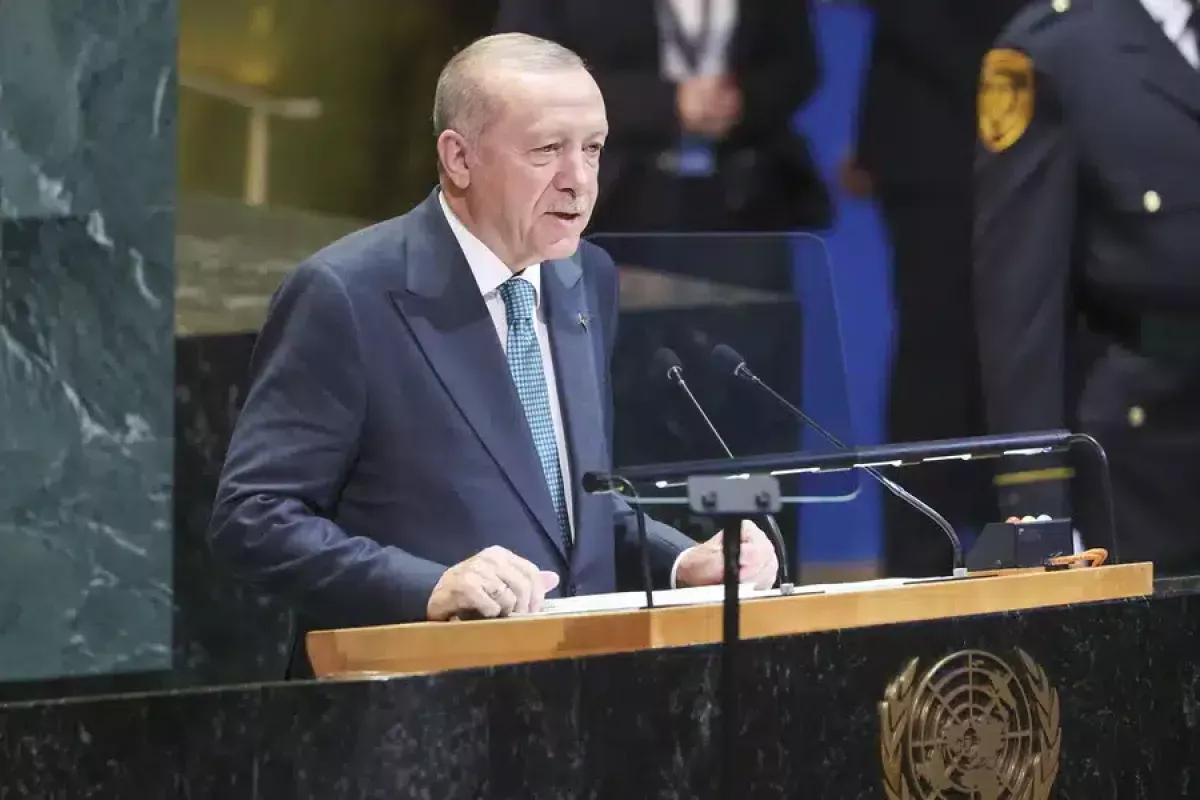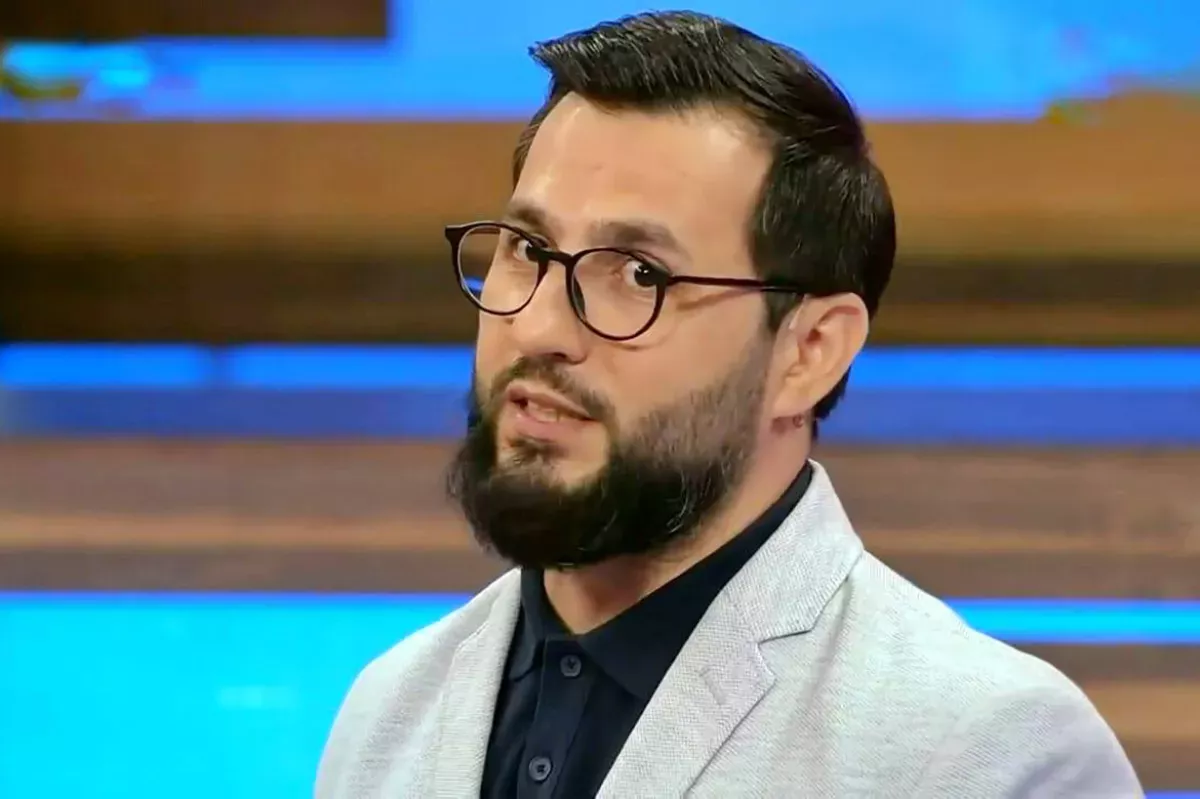Northern Cyprus: Is global recognition possible? Expert opinions on Caliber.Az
Turkish President Recep Tayyip Erdoğan, speaking at the United Nations General Assembly session in New York, called on the international community to recognise the Turkish Republic of Northern Cyprus (TRNC).

He emphasised that there are effectively two separate states and two peoples on the island of Cyprus. According to Erdoğan, Turkish Cypriots are equal owners of their land and will never accept the role of a national minority.
“Repeated efforts have been made in the past to resolve the Cyprus issue, but it cannot be solved through the creation of a federation, which has lost its relevance due to the unconstructive stance of the Greek side. The international community must put an end to the half-century-long isolation of Turkish Cypriots. I invite the international community to recognise the Turkish Republic of Northern Cyprus and establish diplomatic relations,” the president said.
Of course, the likelihood of Northern Cyprus being recognised by a significant part of the international community is a matter of interest. Can it be expected today? Or will the TRNC’s unrecognised status remain for a long time?
Well-known international experts shared their opinions on this issue with Caliber.Az.

Umit Nazmi Hazir, a political commentator for the Turkish TV channel NTV and a PhD in political science, recalled that in 2004, during the referendum on the Kofi Annan plan—which proposed joint coexistence of Greek Cypriots and Turkish Cypriots within a single state—Turkish Cypriots voted “yes,” while Greek Cypriots voted “no.”
“The Greek side seeks not the equal coexistence of two peoples, but for Turkish Cypriots to have the status of a minority. Therefore, the most just solution is the two-state model.
The TRNC has existed for over forty years, has its own state institutions, democratic elections, a stable governance system, and the support of Türkiye. It is not a ‘quasi-state,’ but a reality that must be acknowledged in practice, especially in the Eastern Mediterranean, where energy and security issues are becoming increasingly important,” the political scientist emphasised.
According to him, if the international community seeks justice, it must recognise that Turkish Cypriots have the same right to self-determination as any other nation.
“Even partial recognition of the TRNC by some states could contribute to genuine stabilisation of the island, rather than artificially maintaining a deadlock.
Therefore, the prospects for full recognition in the near future are indeed limited, but with the right diplomatic efforts and changes in the international context—such as the growing role of Türkiye and its allies—it is not impossible that the TRNC’s status could gradually strengthen and move beyond isolation. Current realities are such that most countries prefer to support a unified Cyprus within the borders recognised by the UN and avoid straining relations with the European Union and Greece.
Thus, until significant geopolitical shifts occur, the TRNC’s unrecognised status is likely to remain,” Hazir concludes.

Yashar Niyazbayev, editor-in-chief of MK-Turkey, notes that today the likelihood of the TRNC being recognised by a significant part of the international community remains low.
“Any recognition, in my view, is a very long process, tied to the interests of states, concessions, and proposals. And it is not even that important how influential the country supporting this idea is.
The main barrier is that the leading world powers view the TRNC not as an independent state, but as a territory of the Republic of Cyprus,” the expert said.
Regarding the duration of the TRNC’s unrecognised status, he added that it is impossible to predict what will happen tomorrow.
“As they say in Türkiye, 24 hours is too long in political life to make forecasts. I think the same applies to the Cyprus issue. Something could happen that either pushes forward or pulls back this goal.
In the foreseeable future, the status quo is likely to remain. The international community—including the UN, the EU, and most countries—continues to support a settlement model based on two communities and two zones within a federation, rejecting the two-state idea promoted by Türkiye.
Ankara’s strategy is to gradually raise the international status of the TRNC through participation in various international and regional formats, such as the Organisation of Islamic Cooperation (OIC), the Turkic Council, and the Economic Cooperation Organisation (ECO). But it must be understood: yes, these can be considered ‘diplomatic victories’ for Ankara, but they do not lead to formal recognition.
In other words, President Erdoğan’s call at the UN is an important political gesture. However, under current geopolitical and legal conditions, the decisive factor remains the consensus of the UN Security Council,” Niyazbayev concluded.








